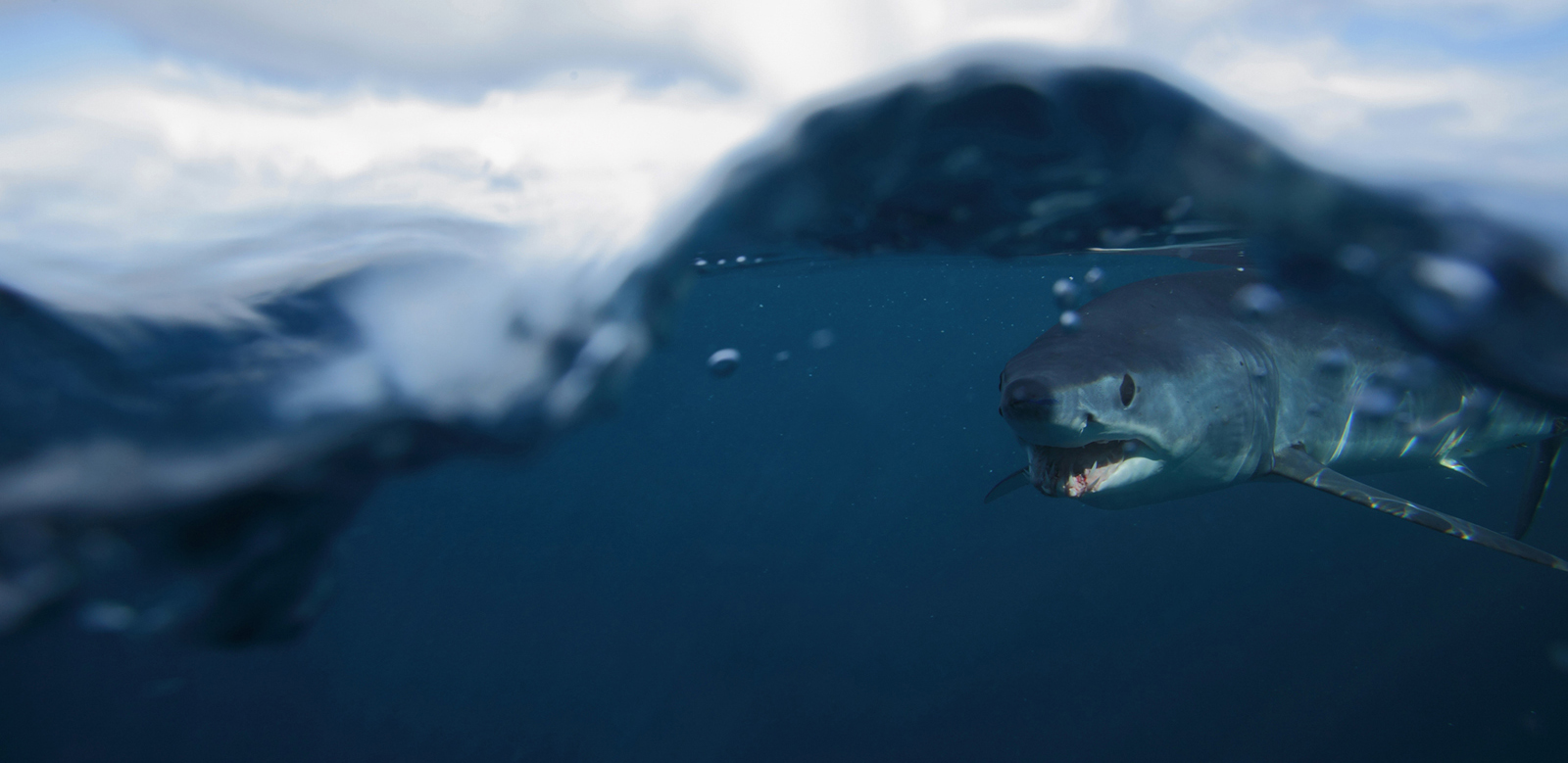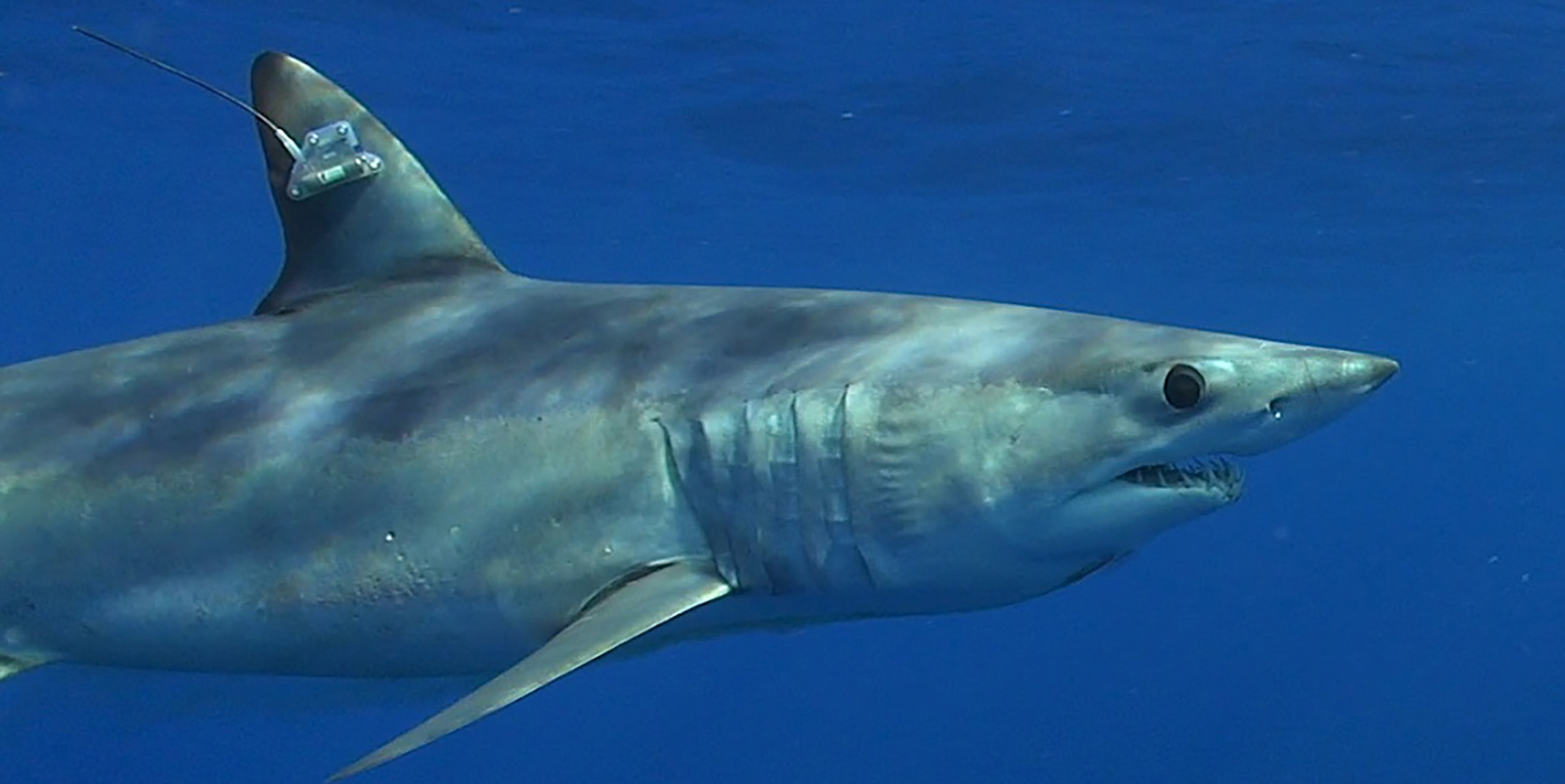The Coolest Spot in Rhode Island
October 8, 2015
BURRILLVILLE, R.I. — Wallum Lake splits its residency between Rhode Island and Massachusetts, which means conflicting uses and double the stress. For instance, the Bay State allows gas-powered boats; the Ocean State forbids such craft. No one is really enforcing the no-gas rule, though, so motorized water play isn’t actually restricted to the Massachusetts end of the 322-acre lake.
“Weekends in the summer the lake is a waterpark,” said Paul Roselli, a longtime resident of the Burrillville village of Harrisville. “Jet Skis, water skiing and motorboats speeding at full throttle. People basically know the state boundaries but they go everywhere. If they happen to get caught, they’re told to go back to Massachusetts.”
What happens if they are a Rhode Island resident buzzing around in a gas-powered boat? Likely not much, since ecoRI News, during a recent visit to the lake with Roselli, photographed a motorized pontoon boat tied to a dock in the Rhode Island side of the lake.
Wallum Lake, in the northwest corner of Rhode Island, is a drinking water supply — a pipe from the campus of the Eleanor Slater Hospital runs some 600-800 feet into the lake, providing drinking water to hospital staff and patients.
Roselli called the lake the “freshest, cleanest, coldest waterbody in Rhode Island.” He said the lake is fed by underground springs, and noted that there isn’t too much development around it, especially on the Rhode Island side. The Burrillville Land Trust owns 16 acres around the lake, according to Roselli, the trust’s president.
“It’s a pretty well protected lake, but there are development pressures,” he said. “It’s a beautiful lake and an important waterbody. It’s also an excellent lake to go canoeing or kayaking on.”
Just go on a summer weekday, or on a fall or spring weekend, when the power boats are more likely to be tied to a dock.



